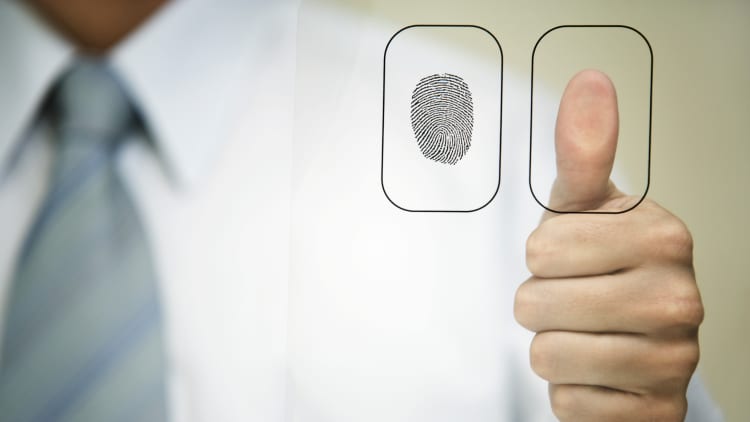Here's a test of trust: Let your best friend borrow your credit card.
Or maybe not.
About half of all current or former cardholders allowed someone else to use their plastic. Of these, nearly a third of those individuals said that they had a bad experience, according to new data from CreditCards.com.
The personal finance site polled 2,253 adults online in February.
Ultimately, you're better off just saying no. It may make for an awkward conversation, but it's better than finding yourself in a financial mess.Matt SchulzSenior industry analyst at CreditCards.com
Six out of 10 people said that they would allow an immediate family member borrow their credit card. Nine percent said they have let friends use their cards.
"When it comes down to it, if you lend someone your card, you have a 1 in 3 chance of getting burned," said Matt Schulz, senior industry analyst at CreditCards.com.
The site estimated that 36 million individuals have had negative results when allowing a third party to use their credit card. The most common problem reported was overspending, followed by not getting paid back and not having the card returned.
Here's why your friends and family have the best opportunity to misuse your plastic.
The devil you know
In 2014, about 550,000 fraud and identity theft victims said that someone they knew had compromised their information, according to Javelin Strategy & Research data pulled for CNBC.
Federal law limits your liability on unauthorized charges if your credit or debit card is stolen and if you act quickly.
Which law applies depends on the kind of card in question. For instance, your liability for fraudulent charges on your debit card is limited to $50 if you report the card stolen or lost within two business days of finding out about the theft.
But these protections don't apply if you gave your card to another person and he or she misuses it. In that case, the friend or family member is considered an authorized user — and you're on the hook for the charges.
Nearly half of the individuals polled by CreditCards.com said that they were comfortable with an immediate family member charging more than $100 on a borrowed card.
"Ultimately, you're better off just saying no," said Schulz. "It may make for an awkward conversation, but it's better than finding yourself in a financial mess."
Be suspicious
It's one thing to let your spouse borrow your credit card, but an entirely different matter to give it to your child or anyone else.
Here are some suggestions from Javelin and Experian on how to safeguard your information from people closest to home.
- Lock up your paper: Stash your bank and credit card statements, tax returns, checkbooks and other sensitive information in a locked filing cabinet or safe.
- Don't tell your kids everything: Keep your teenagers away from sensitive information, including your Social Security number and credit card account numbers.
- Maintain good web hygiene: Turn off your computer when you aren't using it, and avoid maintaining sensitive information on your hard drive. Steer clear of public Wi-Fi, and be sure to encrypt any data that you store on your devices.
- Use account alerts: Your bank may give you the option of receiving a heads up if there's suspicious activity on your accounts, like a new bill payee or a large transaction. Sign up for this service if it's available.
- Strengthen your credentials: Avoid obvious passwords that people close to you can easily guess. Use two-factor authentication where you can. This will require you to take an extra step beyond providing a login and password in order to sign into an account.



